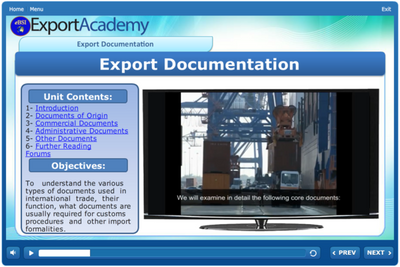Essential Fact of the Month: Difference between Insurance Policies and Certificates
A question that comes up time and time again in International Trade exams around the world, is typically, to explain the difference between an Insurance Policy and Certificate of Insurance.
Policies and certificates are contracts of insurance. A policy can cover one or more transactions while a certificate gives details of one specific shipment.
Policies
In a nutsell, insurance policies:
- provide detailed information on the cover available;
- show a list of types of cargo approved under the cover;
- normally include a rating schedule based on destination and method of transport;
- must be signed by the insurers;
- may be provided as evidence of the insurance contract for an individual transaction if required, e.g. if called for under the terms of a letter of credit;
- if used for an individual transaction, cover attaches from the time the goods leave the seller’s warehouse. It must be dated no later than the date of shipment as evidenced by the transport document. This type of policy must be endorsed (signed on the reverse) so that, in the event of a loss, the buyer can make a claim locally at destination.
Certificates
In short, the following are the key features of insurance certificates:
- evidence cover for an individual shipment under an insurance policy;
- must state the insured value of the consignment;
- should state where claims are to be made, i.e. ‘claims payable in UK’ or ‘claims payable at destination’;
- details shown should reflect those on the transport document, e.g. marks/descriptions;
- must be endorsed (as in policies) to enable negotiation at destination
Irish Exporters: Essential Facts is published by Round Hall Professional Publishing and written and edited by the Irish Exporters Association.

